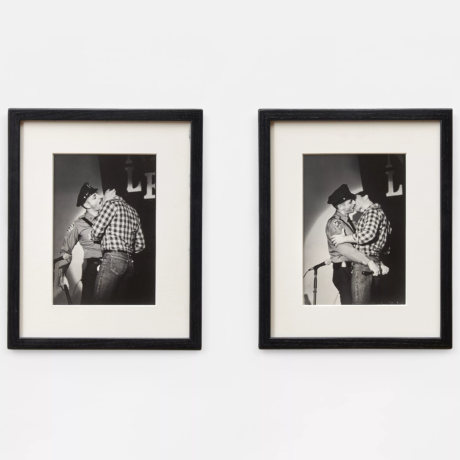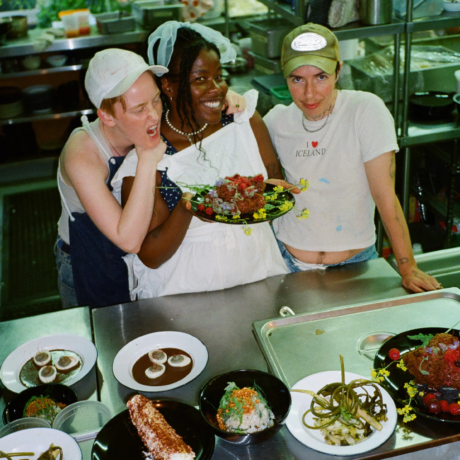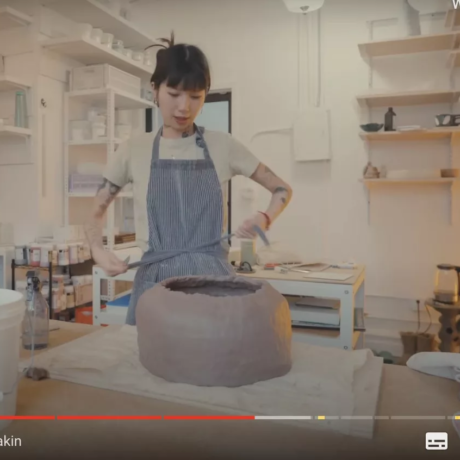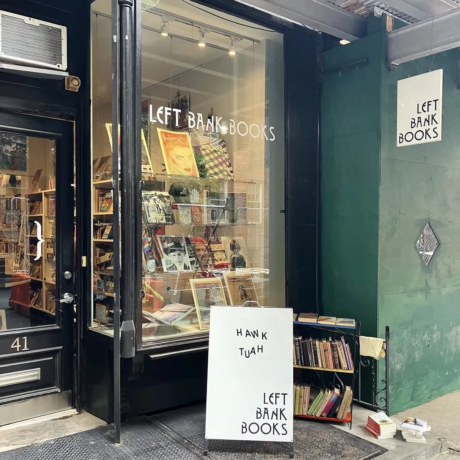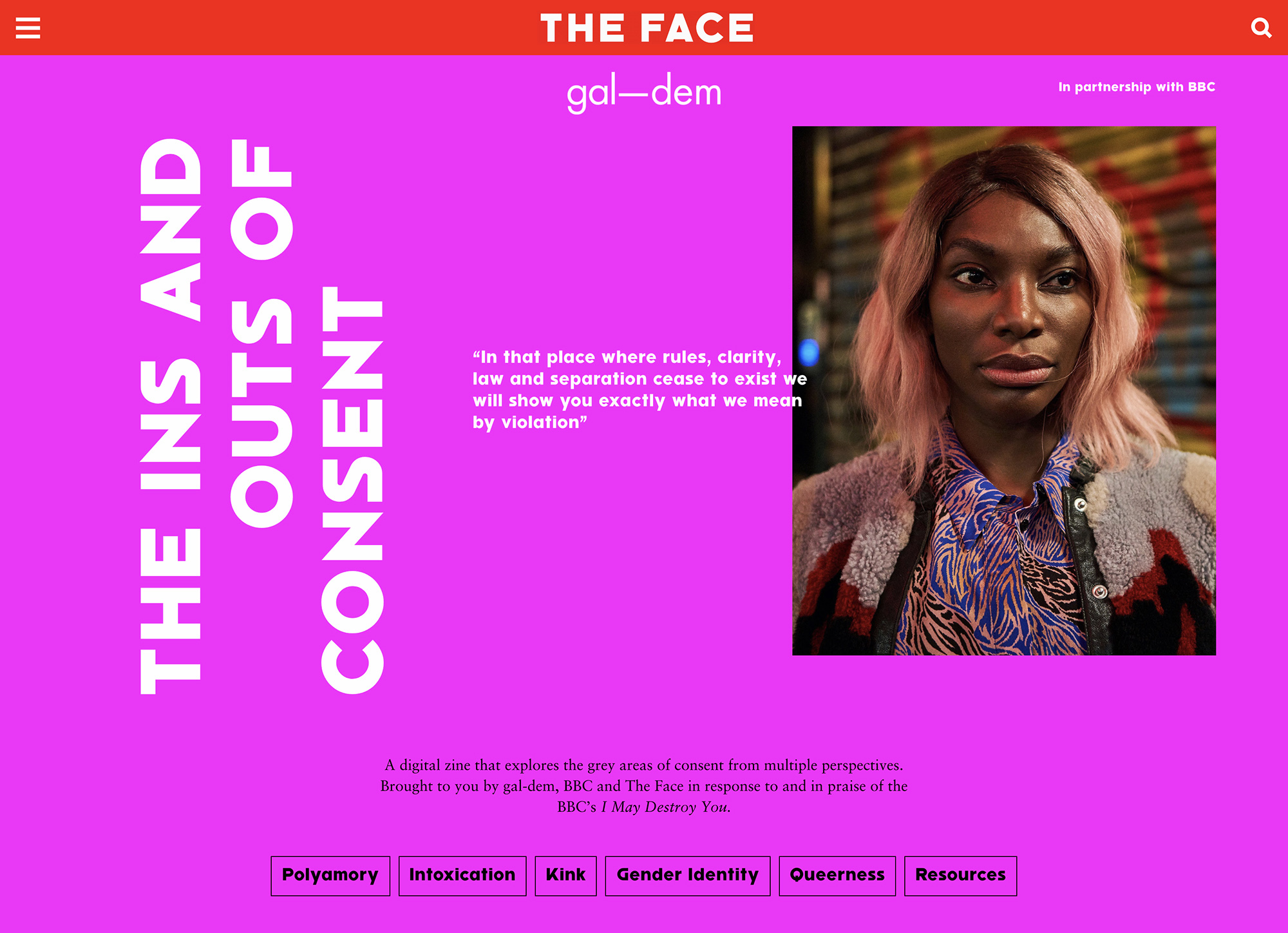
What is The Ins and Outs of Consent?
A rollercoaster of a digital zine, the project brings together different writers to respond to the TV series I May Destroy You. Created by the inimitable Michaela Coel, the show grabbed the nation by its shoulders (as well as the U.S., where it’s just finished airing via HBO) and gave us a good shaking. Plunging her pen deep into the issue of consent, Coel has received high praise for bringing to light a topic that has been shrouded in mystery for far too long. As the beginning of the zine proclaims “There’s a good chance that BBC’s I May Destroy You taught you more about the nuances of sexual consent than anything you learnt in school.”
Dressed in luminous block colours (the kind that can’t quite be achieved in print), The Ins and Outs of Consent houses content that responds to different themes from the show. This takes the form of short essays, relevant clips from I May Destroy You, and fleeting soundbites—an exciting, multi-modal answer to the traditionally tangible format of a zine. Polyamory is explored by sex educator Ruby Rare, gender identity by artist and influencer Sade Alexis and kink by gal-dem’s “fagony aunt” Aisha Mirza. Their voices are refreshing and distinct, gently guiding the reader through their differing lived experiences, while dropping gems of knowledge along the way.
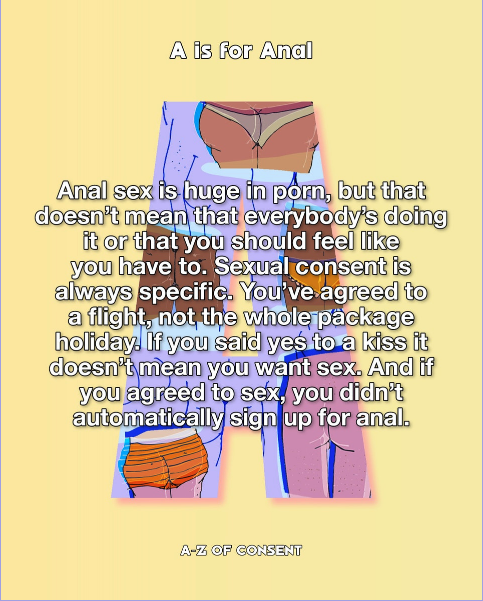
“There is a good chance that BBC’s I May Destroy You taught you more about sexual consent than anything you learnt in school”
The launch of the zine is accompanied by Dear Bob, an interactive exhibition that aims to “give power and platform to the voices that so often go unheard.” The letters in the exhibition were inspired by discussions sparked by the show, between real people sharing their experiences online. The anonymity of the perpetrator is preserved by using the pseudonym of “Dear Bob/Barbara”, similarly to the show’s support group, hence the name for the exhibit. The term “letters” is a stretch (“phrases” might be more accurate) but the online format certainly lends itself to the short form.
It’s a trippy experience—think Google Streetview, but instead of a charming street in Paris, you’re dropped inside a brutalist structure where every surface is adorned with giant letters spelling out survivors’ experiences. There is live footage from the show, some of which involves a character being raped, which feels a little at odds with the exhibit’s aim of “making room for everyone to heal”. Then again, maybe that’s exactly what healing looks like—if anything, this multidisciplinary answer to the television series demonstrates that there is no universal set of experiences.
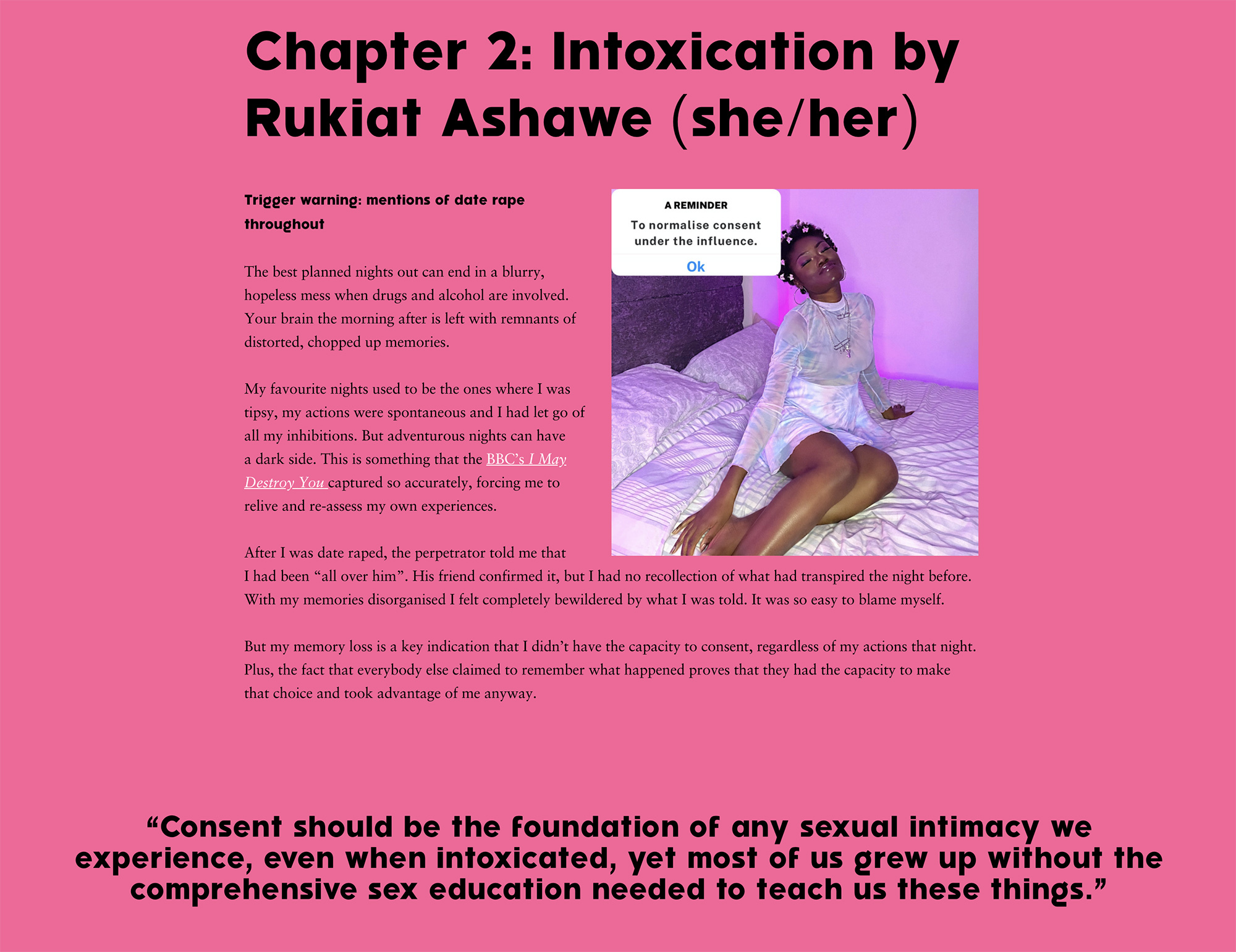
Who is behind it?
An unique trio; gal-dem, the BBC and The Face have partnered to take you on this all-encompassing journey of consent. gal-dem needs little introduction, but it was launched five years ago by Liv Little to centre the experiences of women and non binary people of colour, hitting out at a journalistic landscape that is 94 percent white and 55 percent male. With both a print and online output, the last few years have seen them go from strength to strength, from taking over The Guardian’s Weekender Magazine, to launching a collection of essays about growing up as people of colour. This commitment to representation is echoed throughout the Ins and Outs of Consent, where personalities such as Aisha Mirza, Tanya Compas and Naeem Davis will be familiar faces to gal-dem readers, and well on their way to becoming public figures in London’s QTIBPOC communities.
Gal-dem’s relatively fresh take on things are paired well with long-running publication The Face. The title was born in London in 1980 as “the original, definitive style magazine”, shuttered for a few years in 2005, and reborn in 2019 as theface.com, accompanied by a shiny quarterly print sibling. Unsurprisingly, it needed not just one, but two culture-expert-mags to drag the BBC into the contemporary moment.
“This multidisciplinary answer to the television series demonstrates that there is no universal set of experiences”

Why else should you read it?
Consent is a fraught, yet liberating subject, and one that has historically been approached solely from a heteronormative standpoint. Delving into this topic through the lens of queerness, polyamory or kink can revolutionise the way we think about our bodies and our relationships to other people, and often, might involve learning something new. So give it a read, listen to the voice notes, watch the show or scroll your way through the exhibition—this is new age schooling in the twenty-first century.
